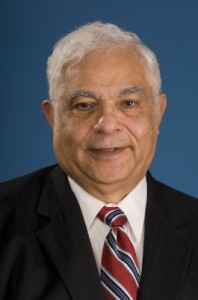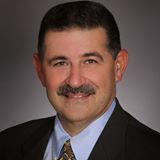I think this will be a good thing.
The Houston City Council and the Fort Bend County Commissioners Court approved a plan this month to boost development in Houston’s southwest corner with the creation of a tax increment reinvestment zone.
Under a tax increment reinvestment zone, property taxes generated within the zone’s boundaries are frozen at a set level. As development occurs and property values rise, tax revenues above that level are funneled back into the zone to pay for public projects in hopes of attracting further development.
Over 30 years, the new Hiram Clarke/Fort Bend-Houston zone is expected to divert $141 million in tax revenues into such projects as road repairs, converting utility easements into park space or coordinating with developers to transform South Post Oak, Chimney Rock, Hiram Clarke and West Fuqua into commercial thoroughfares.
“See all the vacant land we have here? All of the development we could have along here?” [Vivian] Harris asked, pointing to an empty lot where tree branches obscure a faded real estate sign.
Harris, who sought the same types of projects in her decades as a community leader with several civic organizations, credits her new boss, District K Council Member Larry Green, with pushing for the creation of the zone.
[…]
Green looks at the new zone as an assurance his district will see the same level of city investment as the 24 other areas with intact zones.
“This area has been neglected in regard to infrastructure improvements,” Green said. “We’ve gotten a lot of residential development, but our commercial is slow coming. If we incentivize it, they would come.”
Joshua Sanders, executive director of Houstonians for Responsible Growth, a nonprofit that represents developers, said the reinvestment zone, coupled with changes to the city’s development rules and a new state-created management district, could bring developers back within city boundaries by proving Houston is as committed to maintaining the area as the neighboring suburban governments.
“Many businesses are choosing to go across the highway to Pearland,” Sanders said. “Once you push that far out … all these suburbs have invested more recently in infrastructure than the City of Houston has.”
I’m very much in favor of efforts to revitalize areas like Hiram Clarke and the Fifth Ward. It’s great that there’s a lot of demand for housing in certain parts of town, but what’s being built in these neighborhoods is by definition high end. If we want the city to be affordable and available to everyone, we need to build housing in the open spaces and the parts of town that aren’t already premium priced. That’s going to mean some investment in infrastructure, but let’s face it, that’s way overdue in places like Hiram Clarke. This is a step in that direction, and I’m glad to see it.























